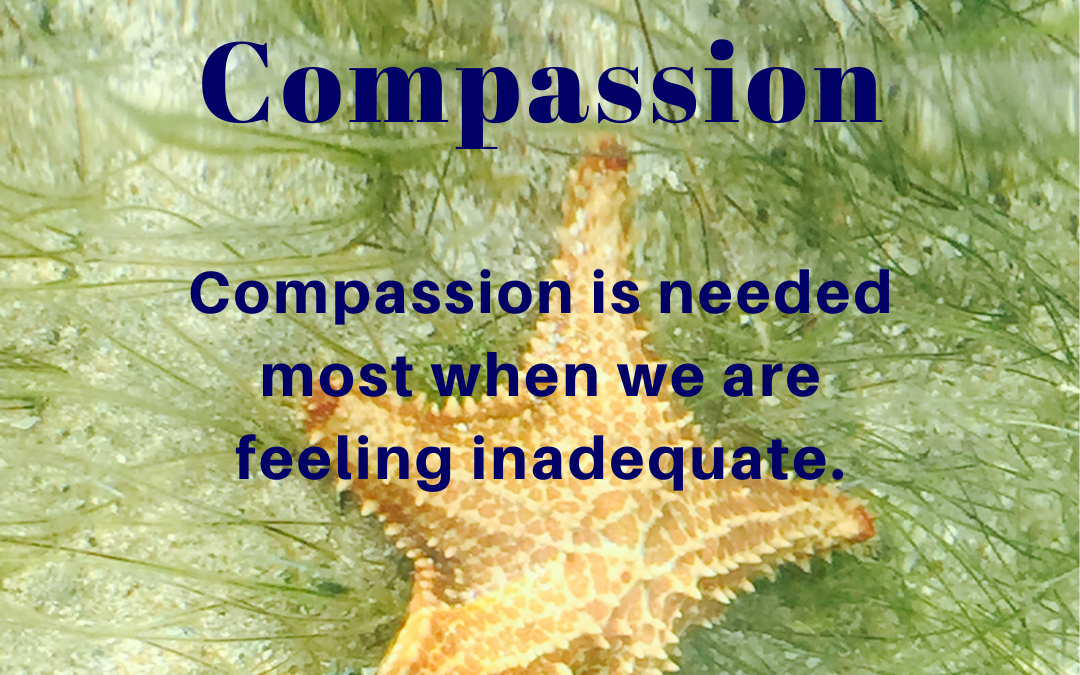
Raising Little Hearts of Mercy: Cultivating Compassion in Children
As we journey through the joys and challenges of parenthood, one virtue stands out as a guiding light for nurturing kind and compassionate children: mercy. Yes, that’s right! Mercy isn’t just a virtue for adults; it’s a powerful tool that can shape the character of our little ones and foster empathy and kindness in their hearts. So, grab a cup of tea, sit back, and explore how we can cultivate the virtue of mercy in our children.
The Essence of Mercy in Childhood:
Mercy in childhood is like a tender seed waiting to blossom into a beautiful flower. It’s about teaching our children to extend grace and forgiveness, to show empathy and understanding towards others, and to embrace a spirit of kindness and compassion in their interactions. When children learn to practice mercy, they become agents of positive change in their communities, spreading love and empathy wherever they go.
Practical Examples and Suggestions:
Now, let’s dive into some practical ways you can help develop the virtue of mercy in your children:
-
- Lead by Example: Children learn by watching and imitating the adults in their lives. Model mercy in your own interactions with others, whether it’s forgiving a friend who made a mistake or showing kindness to a stranger in need. Your actions speak louder than words, so be the compassionate role model your children can look up to.
- Encourage Empathy: Teach your children to put themselves in other people’s shoes and see the world from their perspective. Encourage discussions about how others might be feeling and brainstorm ways to help those in need. By fostering empathy, you lay the foundation for mercy to flourish in your child’s heart.
- Practice Forgiveness: Help your children understand the power of forgiveness by modeling it in your own relationships and guiding them through forgiveness exercises. Encourage them to let go of grudges and conflicts, and emphasize the healing and freedom that come with forgiveness. Remember, mercy thrives in hearts that are open to forgiveness.
- Celebrate Acts of Kindness: Notice and praise acts of kindness and compassion in your children, no matter how small. Whether it’s sharing a toy with a sibling or comforting a friend who’s feeling sad, celebrate these moments of mercy and reinforce their importance in shaping your child’s character.
- Create Opportunities for Service: Engage your children in acts of service and volunteer work that allow them to experience the joy of helping others firsthand. Whether volunteering at a local shelter or participating in a community clean-up event, these experiences cultivate empathy and instill a sense of responsibility and compassion in your children.
The Importance of Children Learning to Practice Mercy:
When children learn to practice mercy, they become agents of positive change in the world around them. They become more empathetic and understanding individuals capable of building meaningful relationships and making a difference in the lives of others. By instilling the virtue of mercy in our children, we empower them to create a brighter, more compassionate future for themselves and for generations to come.
So, as you nurture and guide your children through life’s adventures, remember the importance of cultivating the virtue of mercy in their hearts. Be patient and consistent in your efforts, and celebrate every small step towards kindness and compassion. Together, let’s raise a generation of children who embody the spirit of mercy, spreading love and empathy wherever they go. You’ve got this, amazing parents!
Joe is a husband, father, grandfather, author, speaker, educator, course creator, and parent/family coach.
He helps parents develop unity, find clarity, communicate, and develop consistency in their parenting with the Four C’s of Successful Families. You can find his work on social media.
In addition, the Four C’s newsletter is enjoyed by many as it encourages parents to self-care, build their relationships with their partners, and raise their children.
And he loves to golf!

